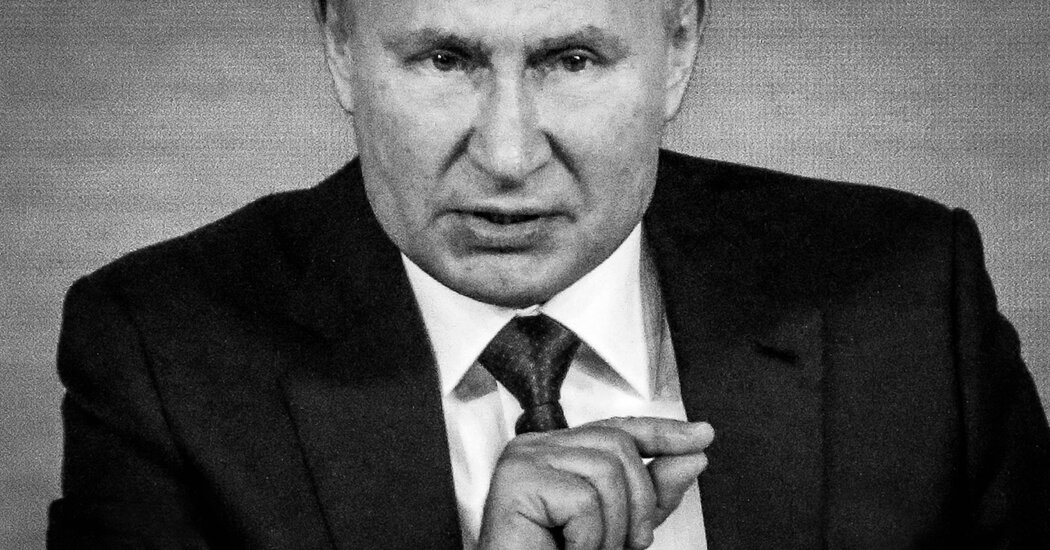Opinion | Putin’s Proxy Culture War

Last week, further juicing the conspiracy theory, the Russian government linked the alleged biolabs to Hunter Biden and George Soros. On Thursday, Tucker Carlson picked up the Hunter Biden story line. (America has funded programs in Ukraine to secure labs studying pathogens and toxins, sometimes for vaccine development, and to watch for disease outbreaks.)
There is, said Leshchenko, a pattern to Russian disinformation campaigns. This one started, he said, with anonymous social media accounts. Then it was propagated by Russian propaganda outfits like Russia Today, followed by Russian officials like Foreign Minister Sergey Lavrov, and Vladimir Putin himself. Finally it went global. In information warfare, Leshchenko said, it helps to have “international recognition” of fictitious claims. Elements of the American right were happy to supply it.
Russia’s war on Ukraine has for the moment led many Republicans to rediscover their inner Cold Warriors. But pro-Putin sentiment — or, at least, anti-anti-Putin sentiment — remains strong on parts of the right. As NBC’s Ben Collins and Kevin Collier reported, “The biolab conspiracy theory has taken over as the prevailing narrative on pro-Trump and QAnon websites like The Great Awakening and Patriots.”
With Trump out of power, it can be tempting to dismiss the import of such fantasies, but the Republican Party doesn’t have a great record of standing up to its fringe — witness the recent QAnon-inflected attempt to link the Supreme Court nominee Ketanji Brown Jackson to pedophilia. Having watched Trump try to extort Zelensky, Ukrainians know it can be geopolitically consequential when crackpot Russian conspiracy theories gain a foothold in American politics.
Putin, presumably, knows this as well, which helps explain why he’s appealing to Anglophone culture warriors. On Friday, Putin gave a speech in which he complained about cancel culture and compared Russia’s international isolation to denunciations of the “Harry Potter” author J.K. Rowling for her views on gender. It was preposterous, but it was also a signal to the Western right that his struggle is theirs. It’s what Putin has been doing for years, particularly in the wake of the annexation of Crimea in 2014, when, as Casey Michel wrote in Politico, “Moscow began forging a new role for itself at the helm of the global Christian right.”


